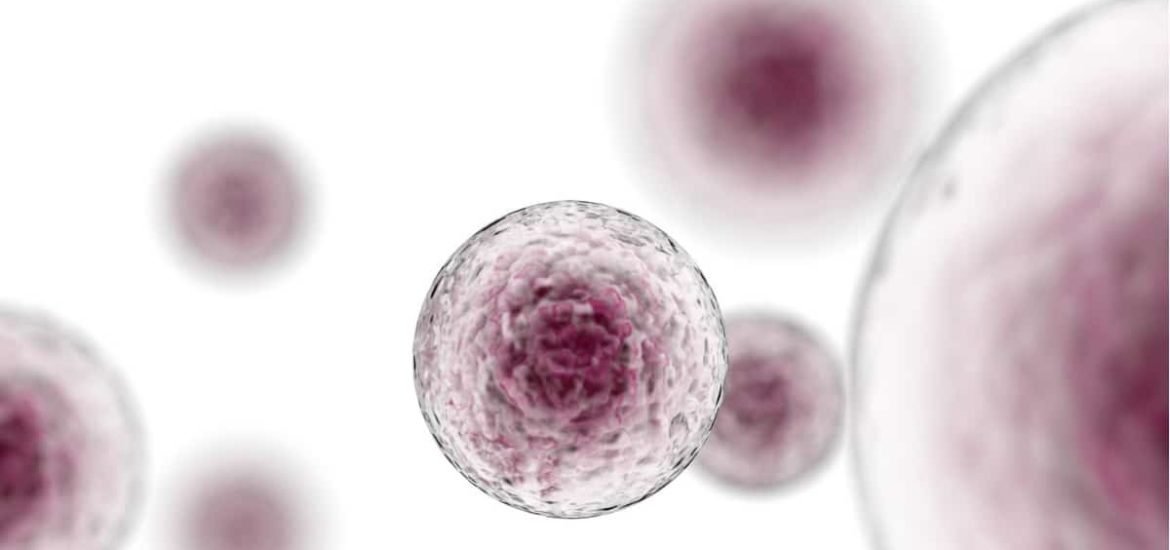
Preliminary results reported on 15 January in JAMA suggest hematopoietic stem cell transplantation (HSCT) may be more effective than traditional therapies for treating the most common form of multiple sclerosis (1).
Multiple sclerosis is a potentially disabling condition that causes a range of symptoms including muscle weakness and vision problems. The disease leads to deterioration of the myelin sheaths that insulate nerve cells and causes damage to the brain, spinal cord, and optic nerve. As a result, immune cells begin to view the nervous system as the enemy.
Traditional MS therapies focus on drug treatments that slow down the disease by keeping immune cells at bay. Hematopoietic cell transplantation is an established treatment for disorders of the hematopoietic system, such as blood cancers like leukaemia and Non-Hodgkin lymphoma. But more recently, HSCT is being used to treat non-haematopoietic disorders including a variety of autoimmune diseases, such as rheumatoid arthritis and lupus, and is showing promise for MS patients.
According to haematologist Dr Richard Burt, lead author of the study, reseeding the immune system may help the body “forget” that its own cells are the enemy. The therapy involves a round of chemotherapy to first wipe out the immune system, followed by stem cell infusion with either autologous cells ― the patient’s own cells ― or donor cells. Another study of only 17 patients previously reported promising results using HSCT instead of available drug treatments.
The more recent randomised clinical trial involved 110 people with relapsing-remitting MS, characterized by flare-ups with long periods of remission in between. One-half of trial patients underwent HSCT, while the other half continued drug treatment, but in some cases were switched from an ineffective drug to another type of drug. Disease progression was then evaluated in each patient one year later based on strength, coordination, and speech.
In the drug treatment group, 25 per cent were reported to have a worse score than at the start of treatment, compared to just 2 per cent in the transplant group. Less extensive brain lesions were also observed in the HSCT group as well as reported improvements in quality of life. Amazingly, five years post-treatment, only 15% of patients in the HSCT group had experienced a relapse compared to around 85% in the drug group.
There is still a degree of scepticism surrounding the use of HSCT for MS treatment, mainly owing to the risks of infection and complications associated with chemotherapy. Some deaths have been reported in trials using HSCT for other autoimmune disorders. However, the overall mortality rate of HSCT for MS is currently less than 1 per cent. In Europe, there is slightly more enthusiasm, as evidenced by a recent increase over the past five years in the use of autologous HSCT for autoimmune disease and in particular, for MS treatment (2).
(1) Burt, R.K., Balabanov, R., and Burman, J. Effect of Nonmyeloablative Hematopoietic Stem Cell Transplantation vs Continued Disease-Modifying Therapy on Disease Progression in Patients With Relapsing-Remitting Multiple Sclerosis: A Randomized Clinical Trial. JAMA (2019). DOI: 10.1001/jama.2018.18743
(2) Passweg, J.R. et al. Is the use of unrelated donor transplantation leveling off in Europe? The 2016 European Society for Blood and Marrow Transplant activity survey report. Nature (2018). DOI: 10.1038/s41409-018-0153-1
I was diagnosed with multiple sclerosis 1 month after I turned 45. My grandma is 96 and had it since she was in her 20s. I have been on Copaxone, the first year was daily and now I am on 40 mg, 3 times a week. It made a tremendous difference for me. Although the fatigue is what really gets to me. When I do too much, I do start to feel weak. My MS got significantly worse and unbearable Last year, a family friend told me about Organic Herbal clinic and their successful MS TREATMENT, I visited their website organicherbalclinic . c o m and ordered their MS Formula, i am happy to report the treatment effectively treated and reversed my Multiple Sclerosis(MS)), most of the symptoms stopped, I’m able to walk and eat well, sleep well and exercise regularly., I’m pretty active now and my attitude is extremely positive.